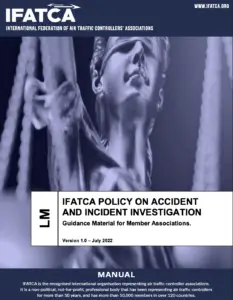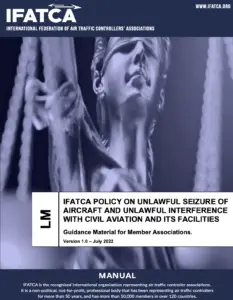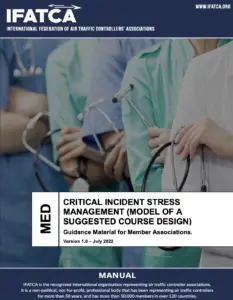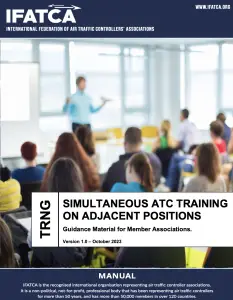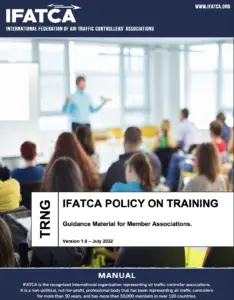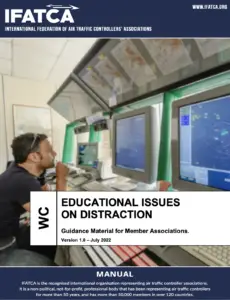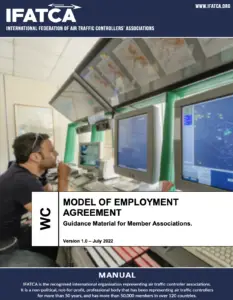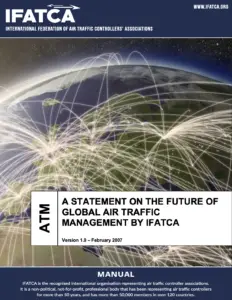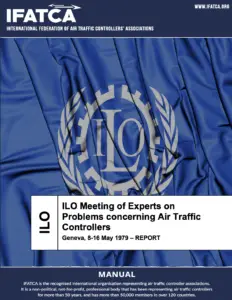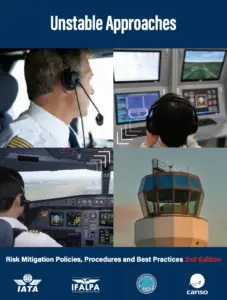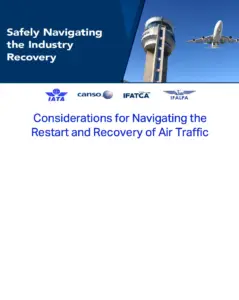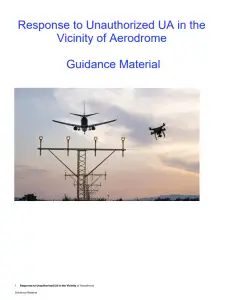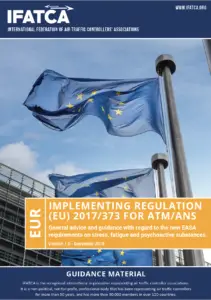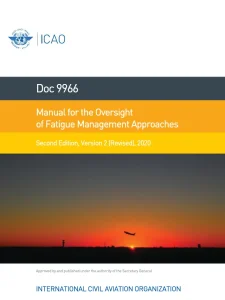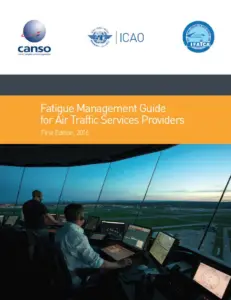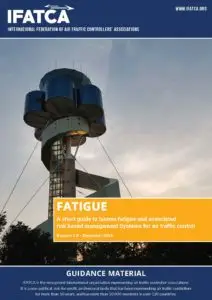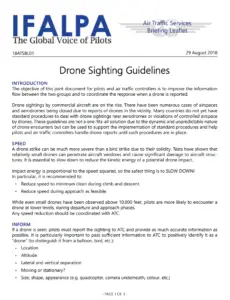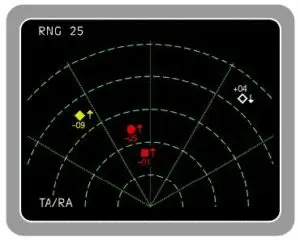Guidance Documents
One of the core objectives of the Federation is “To promote and uphold a high standard of knowledge and professional efficiency among Air Traffic Controllers”. To achieve this, the Federation conducts several educational initiatives, one of which is the production of guidance material for the distribution to the Member Associations. The Federation also conducts training workshops on several important topics details of which can be found in the Workshops section.
Disclaimer
The information provided in the following is guidance material only, and is based upon international standards, best practices, and IFATCA policies. All users should confirm the requirements of their national regulations and procedures when reviewing this guidance material.
Unstable Approaches Guidance Material
Safety is the number one priority for IFATCA and the entire aviation industry, and we are most effective when we all work together to make it ever safer. With this goal in mind, the Unstable Approaches: Risk Mitigation Policies, Procedures and Best Practices, second edition, has been collaboratively written by IATA, CANSO, IFATCA and IFALPA, to address the problems surrounding unstable approaches, a major contributor to accidents and is available for download free of charge for all our Member Associations.
This is the third edition (2017)
Response to Unauthorized UA in the Vicinity of Aerodrome
The document is the result of an industry initiative started in 2020 and coordinated by IATA. The participants included organizations such as ACI, IFALPA, IFATCA and several ANSPs and provided expertise on security and airport and aircraft operations. The objective of this document is to provide guidance to all stakeholders potentially impacted by an unauthorized UA event in close vicinity of aircraft and aerodromes.
Checklist European Regulation 2017/373
We've compiled a checklist for Member Associations to verify their ANSP/Country's compliance with European Regulation 2017/373 on stress, fatigue and psychoactive substances. While obviously most relevant to European associations, it may be of use to others to crosscheck how they are doing in respect to this regulation.
Fatigue Management Guidance for ATS Providers
Fatigue is an inevitable hazard in the around-the-clock aviation environment. Fatigue management provides structured methods to address the safety implications of fatigue. ICAO, IFATCA and CANSO have produced a guidance manual that describes science-based and operationally-oriented fatigue management processes.




